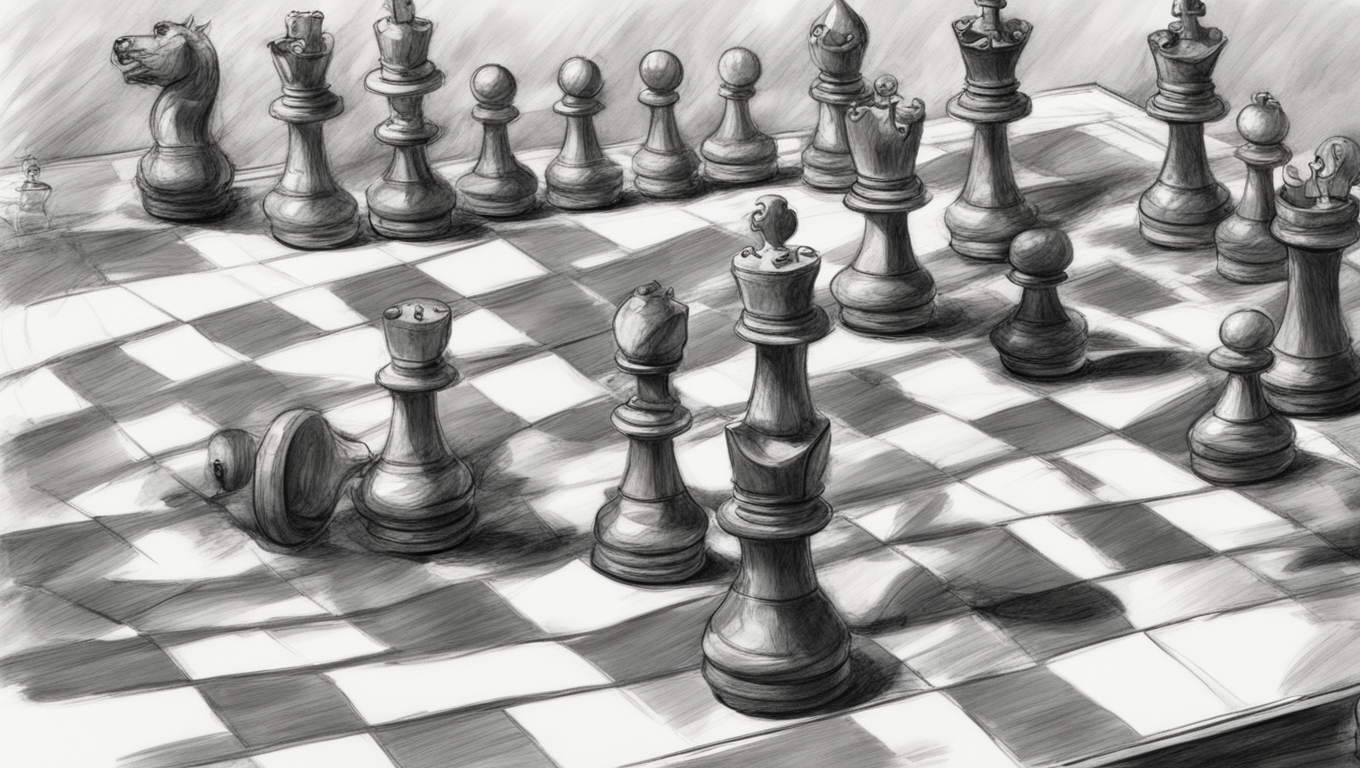China and Russia are forming a united front against the United States in the field of artificial intelligence (AI). The two countries recently met in Beijing to discuss their strategies and exchange assessments on the military use of AI. According to Russia’s foreign ministry, the meeting affirmed the shared approach of China and Russia in this area. The collaboration between them extends beyond AI and includes cooperation in various strategic domains, such as military, foreign policy, space security, and critical materials.
China’s motivation for teaming up with Russia is clear. It is lagging behind in the AI-powered Fourth Industrial Revolution and requires assistance to catch up to the U.S. China alone may not be able to surpass America in the race for AI, but by joining forces with Russia, they stand a better chance. Chinese and Russian companies have already started collaborating more closely, especially in the field of AI, forming joint ventures to enhance their capabilities.
Many analysts believe that China is well-positioned to become the global leader in AI. The country is building a global AI empire and investing in the future tech ecosystem. Its advantages in terms of size, data collection, and national determination have enabled it to narrow the gap with American leaders in this industry. Graham Allison of Harvard’s Kennedy School predicts that China will overtake the United States in AI within the next decade.
However, China’s quest for AI dominance faces a significant obstacle—the lack of access to the world’s most advanced computer chips. Despite significant investments, China still cannot produce state-of-the-art 3-nanometer chips, which are crucial for AI development. China’s semiconductor industry has stumbled in recent years, and its efforts to achieve self-sufficiency through initiatives like Made in China 2025 have not been entirely successful.
Taiwan Semiconductor Manufacturing Company (TSMC) currently leads the market in chip production, manufacturing approximately 92 percent of the world’s advanced chips. China’s chip manufacturers can only produce 7-nm chips, whereas TSMC has already made significant progress with 3-nm chips. While China claims to have mass-produced 5-nm chips, investigations have revealed that these chips were actually made by TSMC in Taiwan.
To address this chip shortage, China is exploring partnerships and smuggling chips into the country. It aims to obtain chips and chip-making equipment, despite export bans imposed by the United States. These bans have proven somewhat leaky, but they do slow down China’s progress in the global AI competition. It is expected that the U.S. will tighten restrictions in response to China’s advancements in this critical industry.
American businesses have played a role in China’s advances in AI and semiconductors by investing billions of dollars. However, this flow of capital is likely to diminish due to increasing awareness among Americans about the potential consequences of China overtaking the U.S. in AI. The United States recognizes that its leadership in AI is crucial for maintaining global power and influence. The director of White House Science and Technology Policy, Arati Prabhakar, stressed the importance of American leadership in AI for the country’s overall global leadership.
With China and Russia teaming up and challenging the U.S. in AI, the Great Tech War is intensifying. As countries vie for dominance in this critical industry, the outcomes will have far-reaching implications for global power dynamics. The collaboration between China and Russia and their joint efforts to close the gap with the U.S. highlight the significance of AI in shaping the future. The race for AI supremacy is far from over, and the United States must act decisively to maintain its leadership in this transformative technology.





Use the share button below if you liked it.